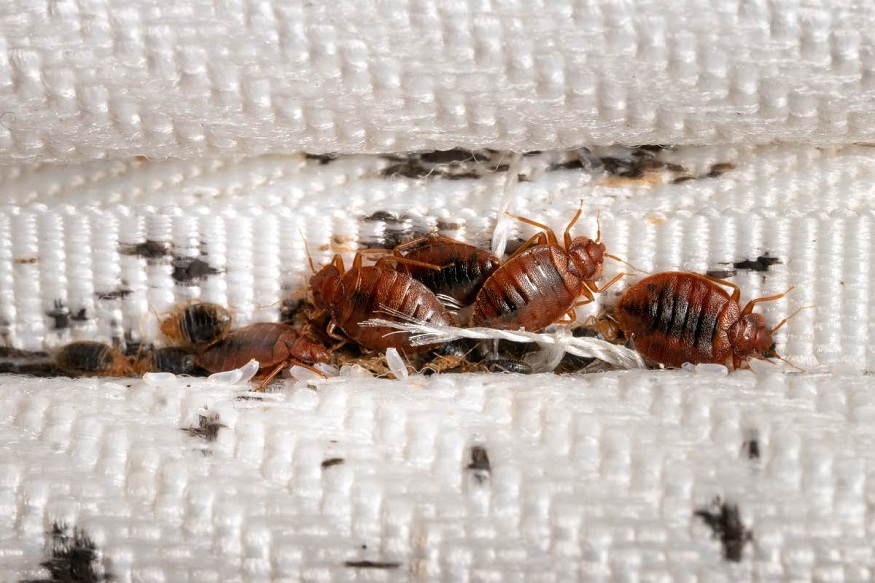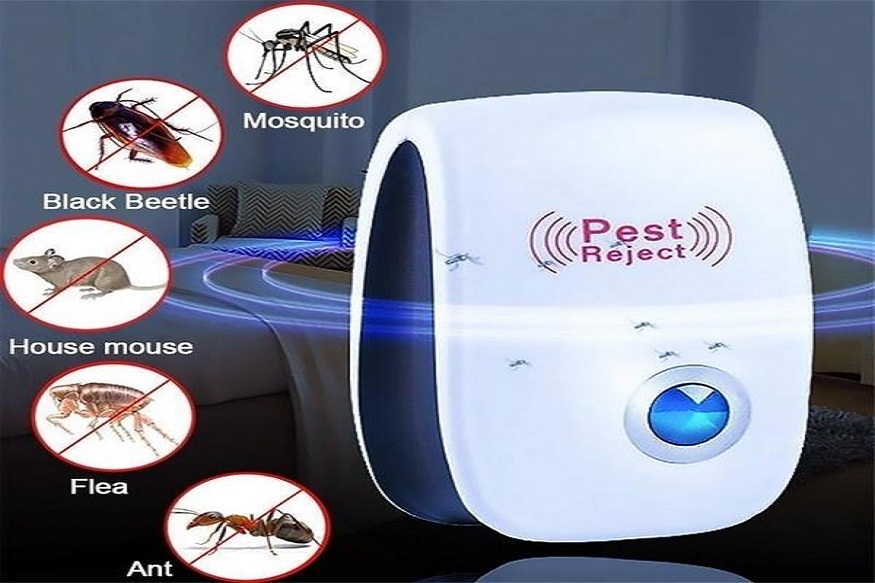Eliminating Bed Bug Infestations: How Professional Exterminators Do It
A bed bug problem can be your worst nightmare. These tiny bugs can quickly establish themselves inside your house, causing constant stress. Although some DIY solutions can effectively handle a bed bug issue, professionals at https://hemipest.com/ utilize special techniques and tools to get rid of bed bugs. To learn more about the process that professional exterminators use to eliminate a bed bug infestation, keep reading:
Reasons to Hire a Bed Bug Exterminator
Although DIY methods are cost-effective, they usually do not completely eliminate the pests you are dealing with. Professional exterminators bring specialized equipment and expertise to the table, addressing the root cause of the issue.
Bed bugs are hard to detect and get rid of since they are small and can hide in crevices and cracks. An exterminator can identify signs of these pests that you might miss. Also, they can determine the severity of the infestation and recommend an appropriate treatment plan based on your specific situation.
Identifying Bed Bug Infestations
An exterminator utilizes different methods to evaluate your house for bed bug infestations. Such approaches help determine how serious the issue may be and create an effective treatment strategy. Exterminators identify an infestation by performing the following:
- Visual inspection. The majority of bed bug exterminators will visually inspect your property to identify an infestation. They will examine common hiding spots such as mattress seams, headboards, bed frames, furniture cracks, box springs, and wall joints. They also look for live bed bugs, fecal matter, shed skins, and eggs. Adult bed bugs look like apple seeds in size and shape.
- Canine inspection. A lot of pest control providers detect bed bugs using specially trained dogs. The dogs can sniff out bugs accurately in all life stages.
Bed Bug Control Methods that Experts Use
To eliminate a bed bug infestation, pest control companies may use the following methods:
- Heat treatment. This method works by exposing the infested area to extreme heat using portable heat chambers. It is especially useful for serious infestations or if chemical treatments cannot be used. It can effectively kill bed bugs in all life stages, including eggs. Also, heat treatment can penetrate cracks and crevices.
- Chemical treatment. This involves the use of insecticides designed to target bed bugs. Insecticides to use include residual insecticides and contact killers. Chemical treatments are used as a follow-up treatment instead of a stand-alone treatment. Professional exterminators use them for ongoing prevention and to target bed bugs hiding in hard-to-reach areas.
- Fumigation. This includes sealing your house and filling it with bug bombs to kill the bugs that come into contact with them. Typically, this is used for serious, widespread bed bug infestations that do not respond to other methods. In general, fumigation is the costliest treatment option for bed bugs.
- Steam treatment. This method uses high-temperature steam to kill adult bed bug and their eggs. However, it is often used to complement chemical treatments. It can be used to treat mattresses and furniture.
- Cryonite treatment. This method is focused on freezing and killing bed bugs with carbon dioxide snow. It can effectively kill bugs in all life stages.
How Much Time Do Exterminators Need to Eliminate Bed Bugs?
The bed bug extermination timeline depends on the seriousness of the issue and the method of treatment used. Usually, the treatment process takes 2-4 weeks to complete. Initial treatments may show quick results within the first few days. But the eggs of bed bugs can resist some treatments. That is why most exterminators give follow-up treatments to get rid of bug hatchlings. Typically, follow-up inspections and treatments are scheduled at 2-week intervals.



